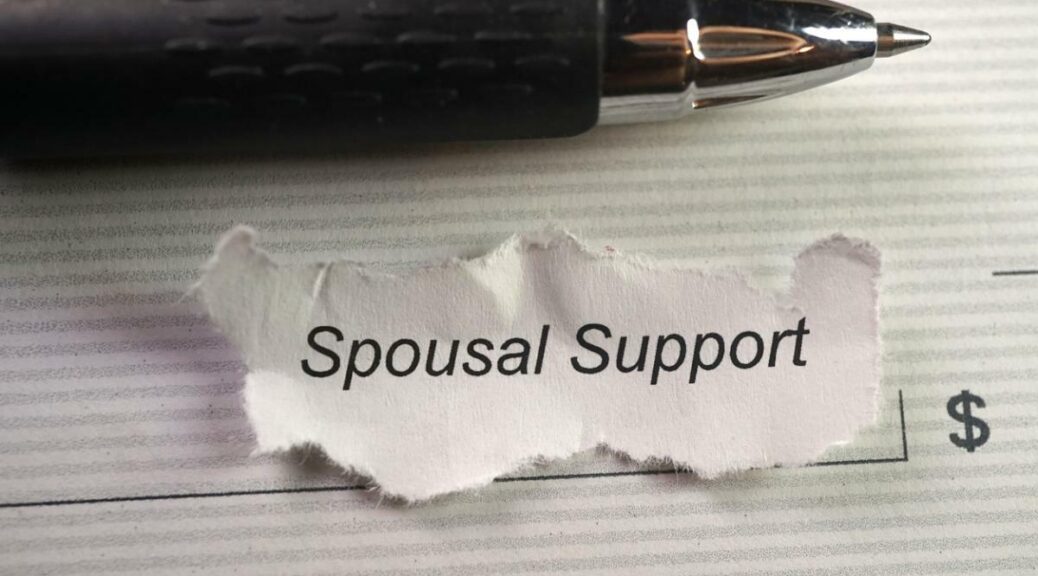Filing for a divorce can complicate your tax situation, especially regarding spousal support. Is alimony (spousal support) taxable? Yes and no. Certified Family Law Specialist Judy L. Burger explains more about how spousal support affects your federal income taxes.
What Is Alimony?
The Internal Revenue Service defines alimony, or spousal support, (also called separate maintenance) as, “Amounts paid to a spouse or a former spouse under a divorce or separation instrument (including a divorce decree, a separate maintenance decree, or a written separation agreement) …”
It further specifies what qualifies as spousal support:
“A payment is alimony or separate maintenance if all the following requirements are met:
- The spouses don’t file a joint return with each other;
- The payment is in cash (including checks or money orders);
- The payment is to or for a spouse or a former spouse made under a divorce or separation instrument;
- The spouses aren’t members of the same household when the payment is made (This requirement applies only if the spouses are legally separated under a decree of divorce or of separate maintenance.);
- There’s no liability to make the payment (in cash or property) after the death of the recipient spouse;
- The payment isn’t treated as child support or a property settlement; and
- The divorce or separation agreement does not designate the payment as not includable in gross income of the payee spouse and not allowable as a deduction to the payer spouse.”
Alimony and child support are not the same. Child support is never deductible and isn’t considered income.
Is Spousal Support Taxable?
The Tax Cuts and Jobs Act of 2017 changed alimony taxation rules. Here is the law as it stands now (June 4, 2024):
- Spousal support or separate maintenance payments made under a divorce or separation agreement executed before 2019 are deductible by the payer spouse and included in the recipient spouse’s income.
- Spousal support or separate maintenance payments made under a divorce or separation agreement dated on or after January 1, 2019, are NOT deductible by the payer spouse and NOT included in the recipient spouse’s income.
Some support included in a divorce or separation agreement is not considered spousal support under federal tax guidelines. Family Law Attorney Judy Burger can examine your divorce or separation agreement and determine what is and is not taxable/tax deductible for the current tax year. Many aspects of the TCJA expire in 2025 unless re-enacted by Congress.
Legal Help with Child & Spousal Support
California takes child and spousal support agreements seriously. Child support is never deductible and isn’t considered income. If a divorce or separation instrument provides alimony and child support, and the payer spouse pays less than what is required, the payments apply to child support first. Only the remaining amount is considered alimony. However, Failure to meet court-ordered support agreements is considered contempt of court and can bring serious punishments.
Penalties for contempt of family court can include imprisonment, community service, fines, and/or payment of outstanding debt for financial obligations. California law dictates that sentencing may result in fines of up to $1,000 per act of contempt and/or as many as five days in jail. In cases such as child support or spousal support order violations, fines and jail time will accumulate after months of failure to pay.
Support violations carry a three-year statute of limitations. Any action alleging violations of support orders must be made within three years after the first missed payment.
If you have questions about child or spousal support or need help getting what you deserve, contact The Law Offices of Judy L. Burger. We have eight conveniently located offices across California to serve you.


